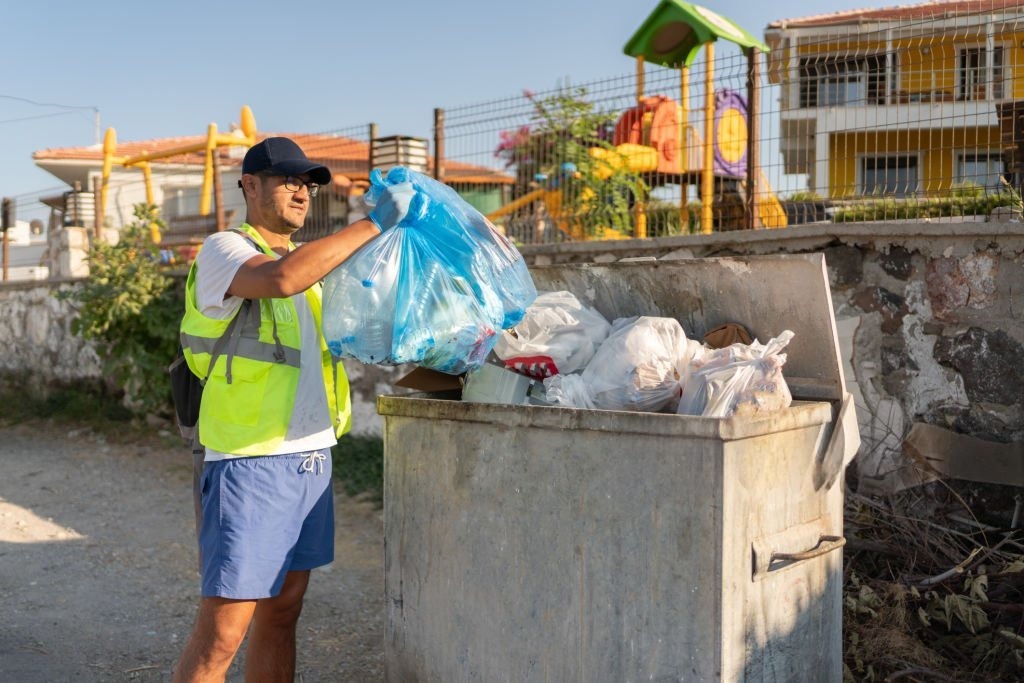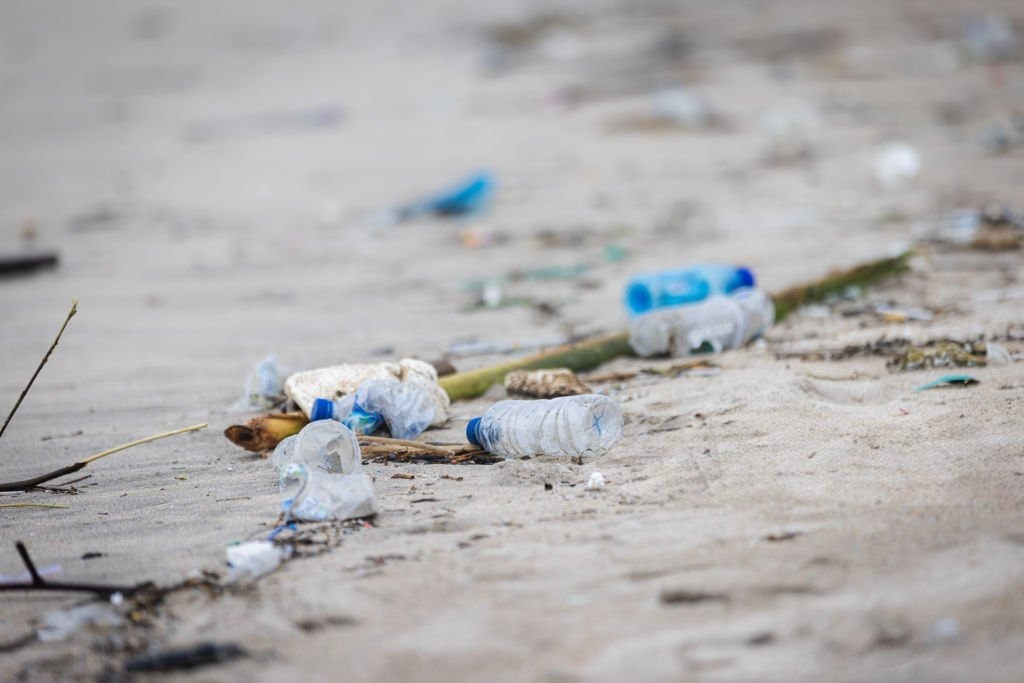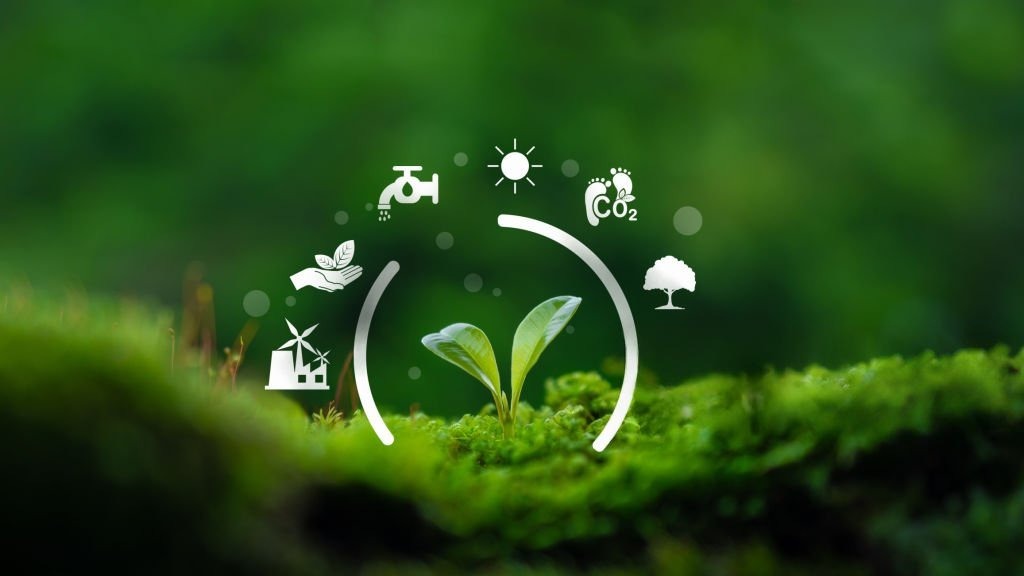As the world intensifies its focus on climate change, we must confront an uncomfortable truth—Africa is sitting on a ticking environmental time bomb, and it’s not just carbon emissions from industry or transport. It’s waste.
Unmanaged waste—household, electronic, agricultural, and industrial—is silently poisoning our air, water, and soil, while also accelerating global warming. Yet, waste rarely headlines climate discussions. That must change.

Waste Mismanagement: A Silent Climate Catalyst
Let us look at the science. Organic waste dumped in landfills emits methane, a greenhouse gas 80 times more potent than carbon dioxide in the short term. Burning waste—common in many African cities—releases black carbon, a major climate forcer, along with dioxins and other deadly pollutants.
Poor waste systems contribute directly to urban flooding, disease outbreaks, and marine plastic pollution. But their deeper danger lies in how they lock us into a linear, extractive economy—one that takes, uses, and discards without thinking of tomorrow.
“When we ignore waste, we invite disaster. But when we reimagine it, we unlock resilience.”
— Amb. Canon Otto
A Circular Africa is a Climate-Smart Africa
It’s time to shift our thinking—from waste disposal to resource recovery, from pollution to possibility. This is the essence of the circular economy—a regenerative model that keeps materials in use and designs out waste.
Africa is uniquely positioned to lead this transition. We are not yet over-industrialized. We have youth. We have innovation. What we need now is vision, investment, and policy alignment.
That is why CleanCyclers exists—to give Africa a head start in the race toward circularity. Our work in solar panel recycling is more than a technical solution—it is a climate response. By recovering valuable components from end-of-life solar panels, we prevent hazardous waste, preserve critical materials, and support the energy transition sustainably.
“The solar boom must not become the next waste crisis. With CleanCyclers, we are closing the loop before it breaks.”
— Amb. Canon Otto

Local Waste, Global Impact
Africa currently generates over 125 million tonnes of municipal solid waste each year—and this is projected to double by 2050. If we continue with business-as-usual, the environmental and economic costs will be staggering.
But waste is also opportunity. If just half of Africa’s recyclable waste were captured and reused, it could unlock billions in economic value, while slashing emissions and creating jobs.
This is why CleanCyclers doesn’t just recycle—we advocate. We partner. We educate. Our mission is to embed circular principles into national and regional climate action.
What Must Be Done
- Governments must integrate waste management into their Nationally Determined Contributions (NDCs) under the Paris Agreement.
- Investors must fund waste innovations as part of climate finance portfolios.
- Cities must upgrade infrastructure to include materials recovery and decentralized waste sorting.
- Schools and communities must teach that what we throw away still has value.

The Way Forward
The next phase of Africa’s sustainability journey is not only about planting trees or building wind farms. It’s about rethinking everything we discard—from electronics to solar panels, plastics to organics—and finding in them new life, new value, new purpose.
This is our climate work. This is our generation’s responsibility.
Let waste be the beginning of a circular solution—not the end of a broken system.


